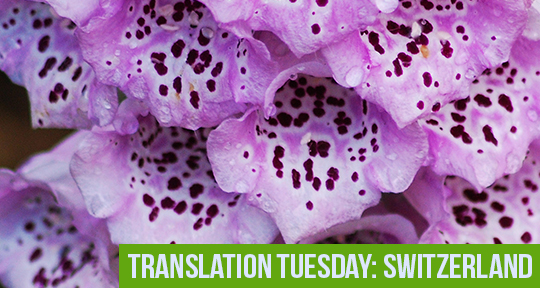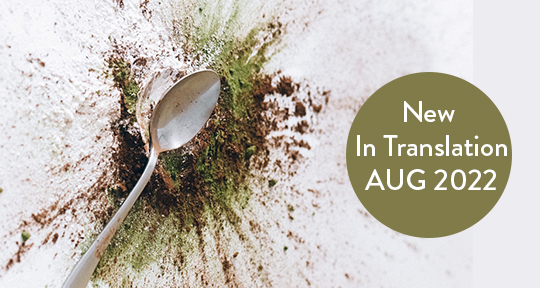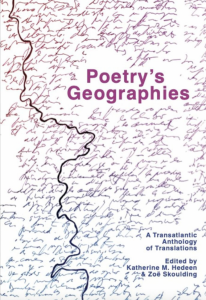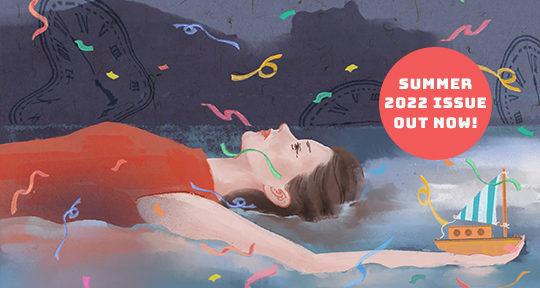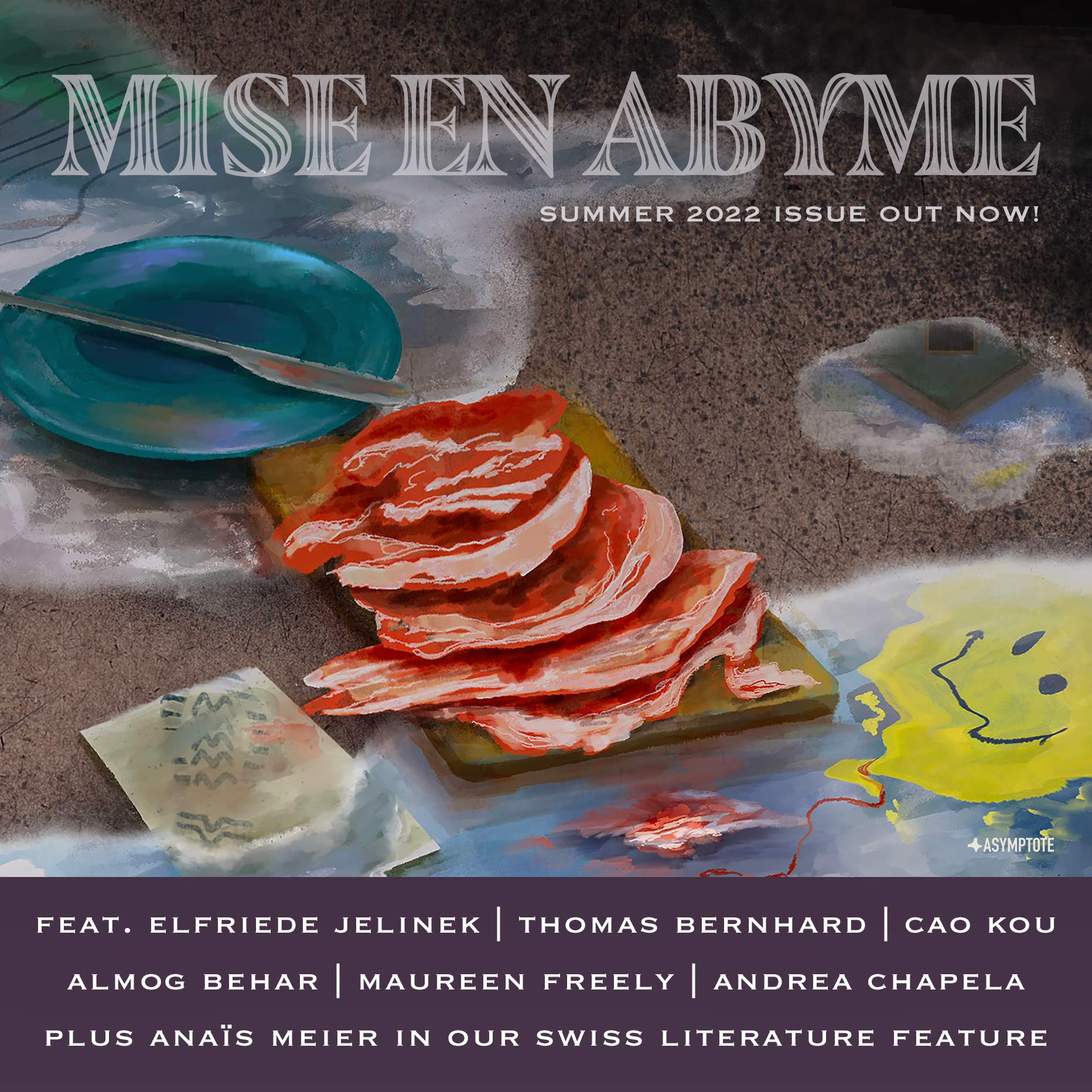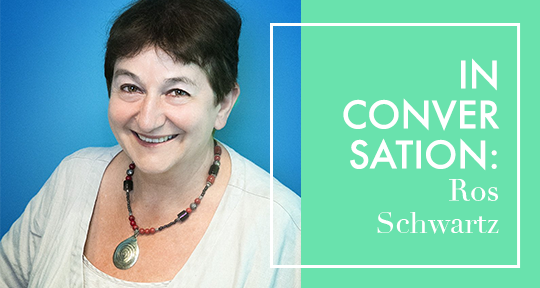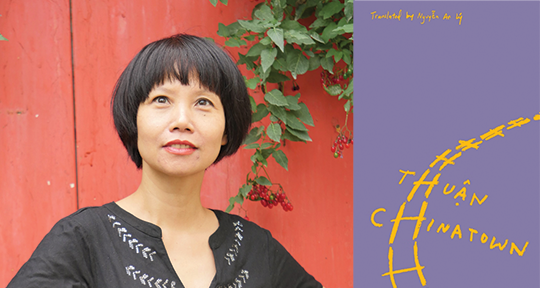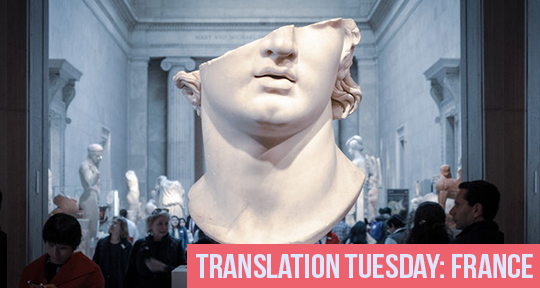Can’t get enough of our Swiss Literature Feature in Asymptote’s Summer 2022 issue? This Translation Tuesday, travel with French-speaking Swiss writer Bruno Pellegrino into the garden of Gustave Roud’s. Lose yourself in a giddying array of flowers and names in this extract from the opening of the Prix Alice Rivaz-winning novel, an evocative passage that demonstrates a poet and a botanist’s keen vision of the natural world. Translator and former contributor Elodie Olson-Coons walks us through the novel’s rhythms in a beautiful introduction to a fascinating book.
“Shaped around the life of Swiss poet and photographer Gustave Roud and his sister Madeleine, Bruno Pellegrino’s August is an Autumn Month (Editions Zoé, 2018) is a tender, intimate opus: half lyrical biography, half archival fiction, intermittently illuminated by the author’s gentle, wry perspective (“If you want to get anywhere, Gus, you’ll have to pull yourself together,” he tells his character at one point). The book’s delicate framework—brother and sister, rural house and garden, 1962 to 1972 —is brought to life by the ebb and flow of the seasons, a Woolfian texture that gives its undivided attention to the botanical and the domestic. Moving like ghosts through their old family home, surrounded by traces of dreams long-abandoned and tender words unspoken, Gustave and Madeleine’s days are given life by the simplest details: a shift in morning light, a cup of linden flower tea going cold.”
—Elodie Olson-Coons
The time of foxgloves is over. As soon as Gustave touches the petals, even with his usual gentleness, the flowers crumple or come apart, soft as tissue paper, rolling paper. Foxgloves, that’s what they called them on their childhood farm; he doesn’t remember when he started thinking of them as digitalis. The courtyard is scattered with them, as if a storm has been and gone. It’ll need sweeping. But first, a more pressing concern: the inventory must be performed.
He goes through the gate and, notebook in hand, moves into the gardens exuding metallic odours—unless they are his own, his breath, his combed-back hair, effluvia caught in his shirt collar or the impeccable folds of his trousers, who knows. Since passing sixty (and that was a while ago now), he isn’t sure of anything anymore. He straightens his long, bent figure.
Ordered according to the demands of the varietals and the texture of the soil, the garden obeys a precise architecture: vegetables alternate with lilies, verbena, poppies; climbing plants shelter the more fragile elements; the perfume of the marigolds frightens away vermin. But the lushness of this jungle is sometimes difficult to contemplate. The glance hesitates in the face of such abundance—long gourds unrolling across the lawn of wild reseda and Japanese anemones—and this morning, something else means that, for the space of a few seconds, Gustave is overcome by the scale of the task. No storm after all, the night was a calm one; it’s only that, at dawn, dew settled delicately across the estate, crystallising into a white frost. It doesn’t seem particularly significant and yet, three days before the September equinox, everything is already condemned. READ MORE…

